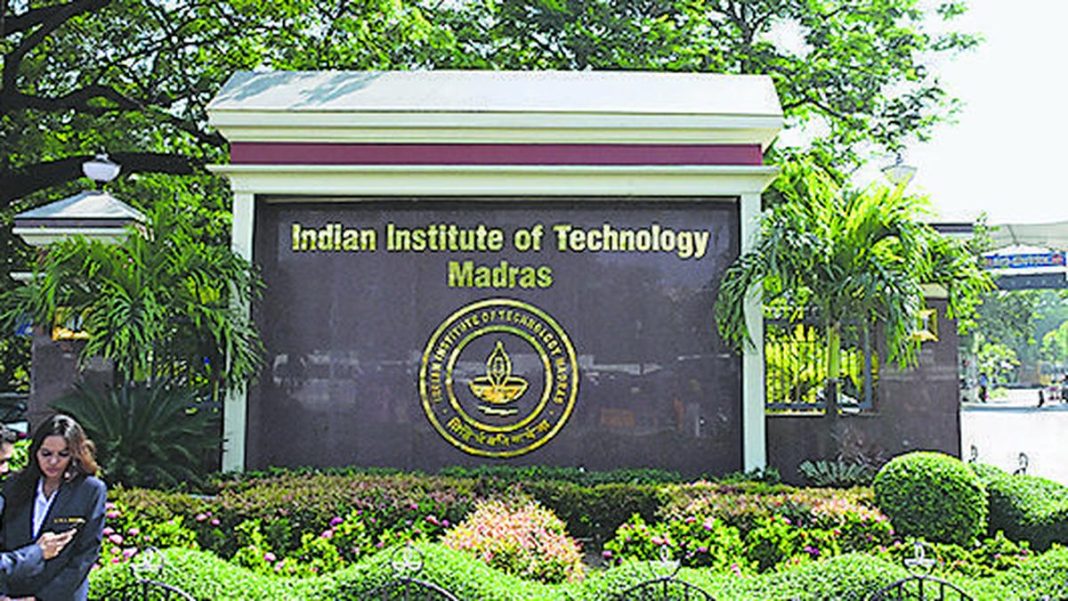Key Takeaways
- IIT Madras establishes India’s first experimental linguistics lab focused on Indian languages
- Research aims to develop linguistically-aware AI systems representing India’s diversity
- Lab uses eye-tracking, EEG, and other advanced technologies for cognitive studies
- Future work includes dyslexia research and educational interventions for Indian children
IIT Madras has launched the Language and Cognition Laboratory (LC-Lab), marking India’s first dedicated facility to systematically study the country’s vast linguistic diversity through experimental methods. The interdisciplinary lab will explore how humans perceive, process, and produce language, with long-term goals including the development of human-centered AI systems that properly represent India’s languages and cultures.
Bridging Science and Humanities
Established at the Department of Humanities and Social Sciences, the LC-Lab represents a significant step toward empirical, data-driven linguistic research in India. The facility integrates linguistic theory with modern experimental and computational tools, creating connections between linguistics, cognitive science, neuroscience, and artificial intelligence.
V. Kamakoti, Director of IIT Madras, emphasized the lab’s importance: “Linguistics is increasingly moving toward empirical, data-driven inquiry, combining methodologies from the sciences and humanities. India needed a dedicated facility that integrated linguistic theory with modern experimental and computational tools.”
Research Focus and Methodology
The laboratory will investigate how people process linguistic information using techniques including eye-tracking and reaction-time studies. Research primarily focuses on Indian languages, providing crucial insights into how grammar, voice, and sentence structure function in multilingual contexts.
Current projects examine grammatical voice and copula constructions, while upcoming work will address dyslexia in Indian children. This research aims to improve educational outcomes and develop linguistically relevant teaching interventions.
Faculty Coordinator Anindita Sahoo stated: “The Language and Cognition laboratory is dedicated to advancing interdisciplinary research in language and cognition through the use of technologies that reveal behavioural patterns and enable data-driven understanding of human interaction.”
Future Directions and Collaborations
Short-term plans include experimental research using eye-tracking technology to validate established linguistic theories in Indian languages. Long-term objectives involve integrating advanced neurocognitive techniques such as Electroencephalography (EEG) and Transcranial Magnetic Stimulation (TMS).
The lab will collaborate with the Centre for Responsible AI (CeRAI) at IIT Madras and work with experts across psychology, neuroscience, and artificial intelligence. Current support comes from IITM Pravartak Technologies Foundation and Aspire Infolab, Hyderabad, which have contributed to the lab’s establishment and research infrastructure.




